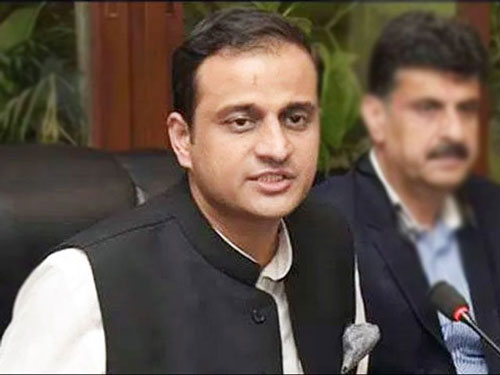Karachi Mayor Barrister MurtazaWahab on Thursday strictly directed the offcials to improve the functionality of emergency wards, OPDs, and laboratories of KMC hospitals through technical and professional skills of doctors and paramedical staff.
“Medical Superintendents of Karachi hospitals should submit their proposals to improve the functioning their respective hospitals,” he said while presiding over a meeting with officials of the Medical and Health Services Department at his office. MrWahab emphasized enhancing medical facilities at the AbbasiShaheed Hospital and activating all of its departments. Attendance of employees must be ensured and a biometric system should be installed in all hospitals. Employees persistently absent should be dismissed according to the law, he directed.
Wahab said that Karachi Metropolitan Corporation spends a substantial amount of its budget on providing medical services to citizens; therefore, these hospitals should play an effective role in providing standard healthcare facilities to the poor and middle-class citizens.
The services of the absent Senior Director Admin and Accounts of Medical Department, Rashid Sabzwari, has been suspended. Doctors and paramedical staff appointed in KMC hospitals should understand that they need to ensure their presence according to the prescribed procedures of government employment. Continuous duty schedules for officials and other subordinate employees should be strictly followed to ensure round-the-clock medical treatment for patients.
He also directed that the mortuary of the KMC in Landhi should be made functional to provide nearby facilities for keeping bodies in Landhi, Korangi, Shah Faisal Colony, and other adjoining areas. Furthermore, an immediate report should be submitted regarding the establishment of modern morgues in various areas of Karachi, he added.During the meeting, Wahab was briefed that 89 patients are permanently residing at the Leprosy Hospital of Karachi Metropolitan Corporation in Manghopir, where their care and food provisions are managed with the cooperation of welfare institutions.










